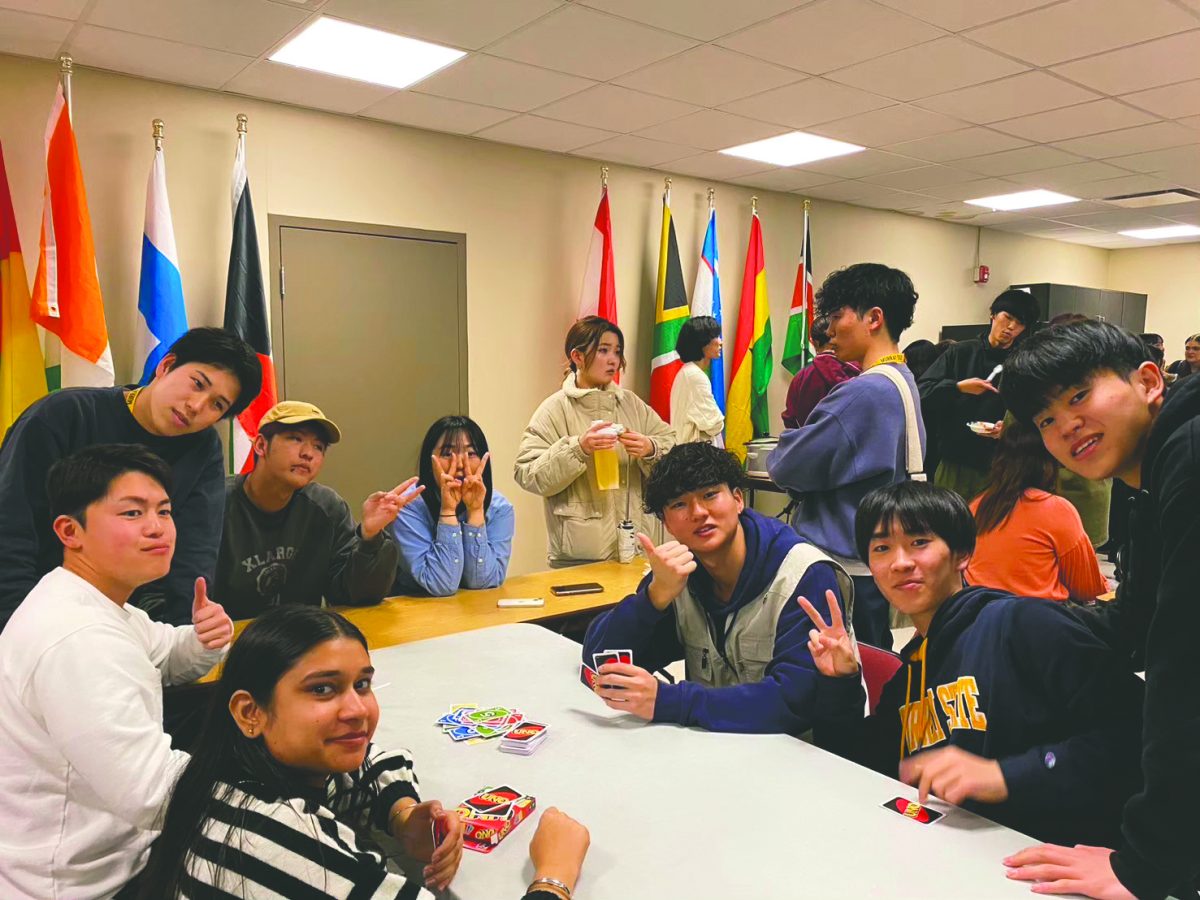Murray State is soon to lose three programs from its global languages department: French, German and Japanese. These language tracks are no longer taking new students and are currently being phased out entirely.
Programs to be discontinued by an institution are known as “sunset programs”; the French, German, and Japanese minors and language tracks are joining the list. Currently enrolled students majoring in Cultural and Language Studies with one of these tracks are still being taught to ensure they reach graduation.
Brent Menchinger, chair of the global languages and theatre arts department, said each program at a university is subject to an academic program review. The review evaluates a three-year period of the major or area’s headcount, number of degrees awarded, average for first-to-second year retention and average undergraduate credit hours taught. Menchinger said minors do not undergo the same extensive review; instead, the number of students is the main consideration.
Programs seeing low enrollment are evaluated for cost effectiveness. Chairs, deans and the Provost Office make the final decisions.
“Programs are under review every year at this time. If cost effectiveness is a factor, programs have a choice to (either) turn it around or sunset. A two-year window is allowed to turn it around,” Menchinger said.
A sunset program is one that an educational institution has determined should be retired for any multitude of reasons. Once the program “sunsets”, it has officially begun phasing out before being cut completely. During the sunset process, remaining students who are considered to be far enough along in their courses (except for those in minor programs) are able to continue their education and graduate.
In addition to these evaluations, the language programs currently facing sunset have also recently seen the retirement of several professors, which has been another large factor in the decision to sunset. Menchinger said reactions from students and professors to the impending sunset of multiple language programs has been mixed.
“We are doing everything we can to ensure that those who were far enough along can finish by their expected graduation dates,” Menchinger said.
There is some good news, however, for students interested in taking American Sign Language (ASL) at Murray State. Menchinger said the Provost Office is currently supporting the global languages department’s ASL pilot program. Menchinger said with fewer languages being offered, better enrollment could be seen in the remaining language programs, such as Spanish, Portuguese, Chinese Studies and the ASL pilot program.
“No (department) chair ever wants to lose a program, especially a highly recognized one like Japanese,” Menchinger said. “However, if doing so makes our other programs stronger or can possibly lead to stronger language options like ASL, that is what we will work towards.”
Students who are members and executives of the Japanese Club have expressed disappointment in the loss of French, German and Japanese courses.
Leah Kirk, vice president of the Japanese Club, said it has been “heavy on (her) heart” and that she originally planned to complete the Japanese Language minor. She “fell in love” with the language and created many friendships because of it.
“After the retirement of our teacher, the language department seemed to have given up on (Japanese),” Kirk said. “I was terribly upset that I was promised a program that they were not willing to deliver. I really hope that with the views of the program members coming to light, (it) will give the directors a new incentive to find new teachers and continue the program (that) we all love. It breaks my heart to think of this program dying out.”
Anna Shane, treasurer of the Japanese Club, was a double minor in both French and Japanese. Shane said when coming to the University, she initially chose to minor in Japanese to fulfill her two-year language requirement from the honors college. Soon after, she became interested in French, but was unsatisfied with online learning options, leading her to also pursue the French minor program at Murray State.
As a member of the Japanese Club since 2021, Shane has witnessed the decline in attendance in what she considers to be a valuable mode of cultural exchange and language practice for Japanese exchange students and language learners alike.
“We had a lot of community engagement the first couple of years. (The) Japanese Club used to be massive. When I first started attending in 2021, I think we had over 80 people show up for the first meeting,” Shane said. “It was a lot easier to network and get people to come to the club if they were required to by the class. But now there is no credit to fulfill, and the Japanese language students are no longer required to go. So even though they might be taking the course online, they’re not getting that in-person speaking practice or any of the hands-on activities that we do.”
In an effort to offset the declining attendance and still offer ways for members to experience the benefits of the club, the executives are attempting to set up a conversation program with a sister school in Japan, where Japanese students and MSU students can interact and still get the cultural exchange and language practice that the club emphasizes.
“That is what we’re trying to work on right now,” Shane said. “We do have to do a lot of tabling just to get word out about the club. I think that some of the issue with attendance is that people hear that the Japanese track is being phased out, so they think (the) Japanese Club probably isn’t a thing anymore and they don’t know who to contact to find out. So, we will be tabling some more just to show that we’re still here.”
The Japanese Club holds meetings and events in room 320 in Blackburn every Thursday at 5:30 p.m. Students interested in finding more information can search for the MSU Japanese Club on Facebook and Instagram.





























































































